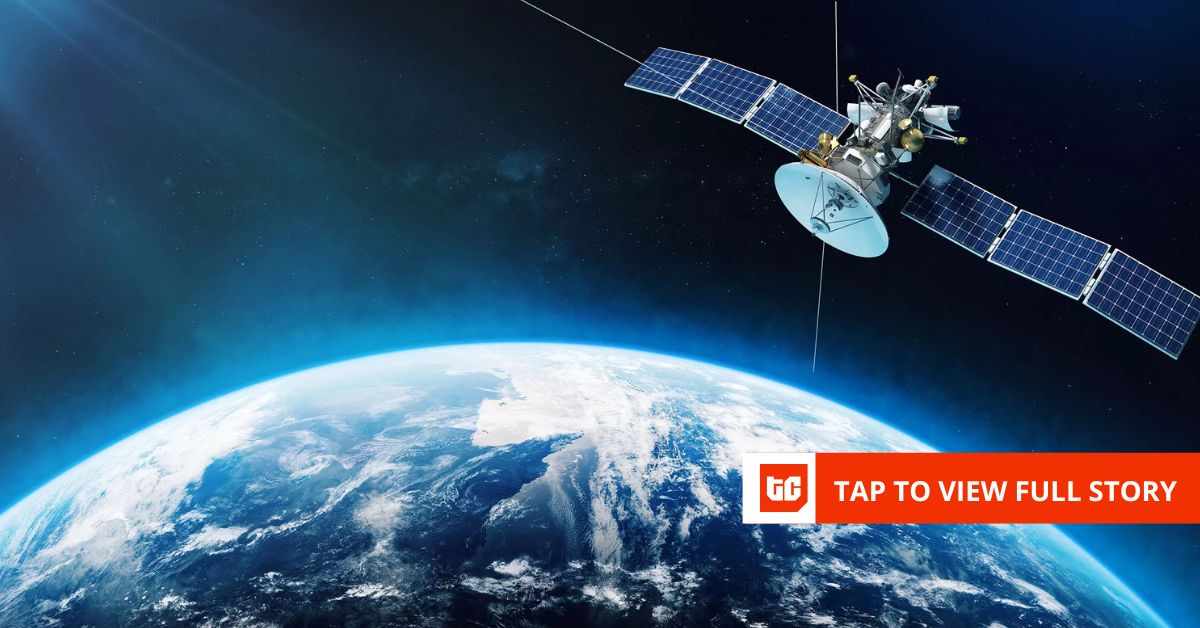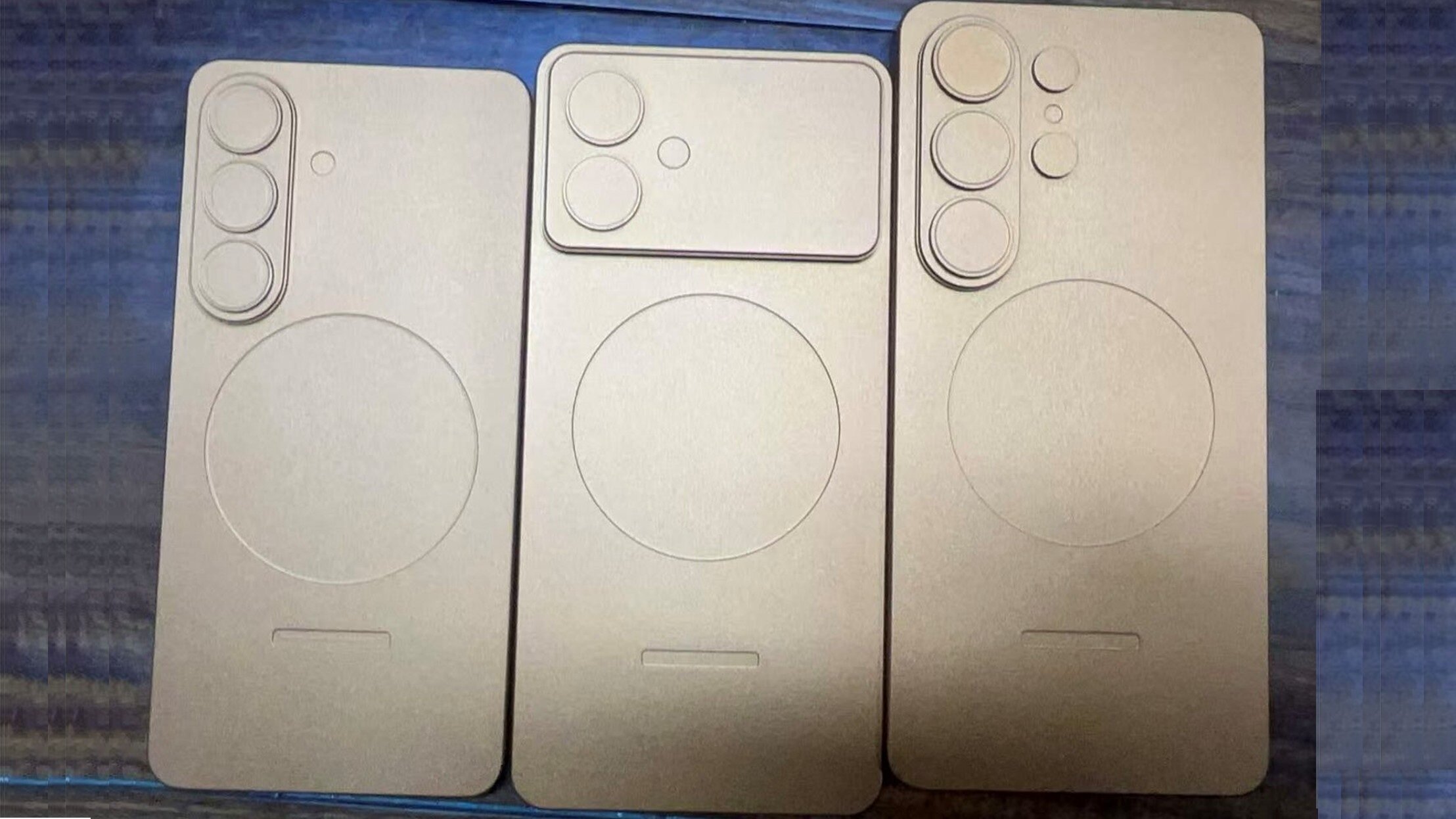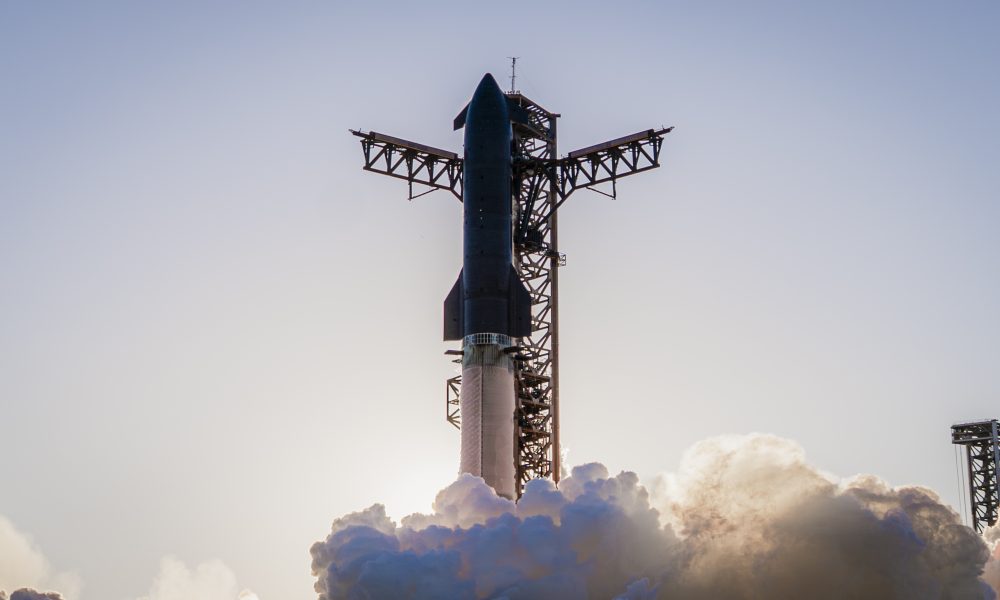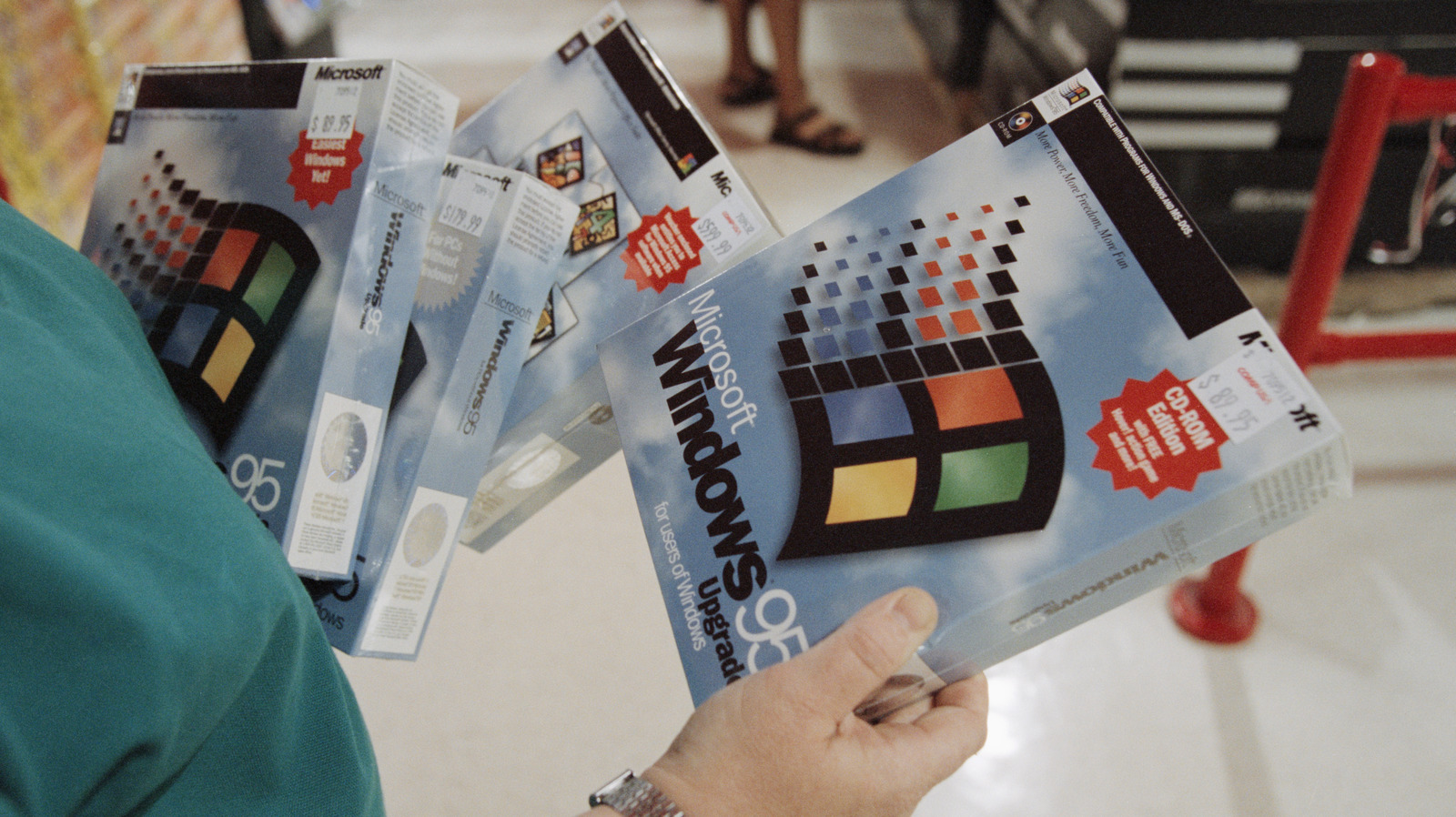It was the July 18th weekend, and my weekend was playing out quite eventfully. I had spent the weekend holed up in my home, making relentless calls with the team from the International Telecommunication Union (ITU). The ITU is a UN agency that manages the allocation of orbital slots and radio frequencies to avoid conflicts between countries and companies. The basis of my calls to ITU had been to advocate for Nigeria to retain one of its assets in space. It has been a journey that spans a year, and it has become overwhelming. In making these calls, I started to ponder a question I have been asked several times: “Why should Nigeria be in space?”
It brought back the question that President John F. Kennedy once asked himself when the US was in a race against Russia to land the first man on the moon. “Why should we as a human race go to space?” JFK so eloquently answered this question as he explained man’s need to solve complex and daring problems. Our quest for growth, our curiosity as humankind, has always resulted in innovation. Our journey to space was more than the outcome, but rather about who we became because of the process. In going to the moon, man discovered prosthetics, rechargeable batteries, wireless headsets, blood sugar monitors, etcetera.
Therefore, I think the question should rather be “Why should Nigeria not be in space?”
Africa’s space sector is currently valued at approximately $19 billion and is projected to reach $23 billion by 2026. Yet, despite this growth, the continent remains heavily dependent on external technologies, expertise, and infrastructure. With our growing pool of youthful population, engineers, innovators, etc., there is no reason why we should be left out of the global race. If space technology can foster national progress in every other area, then why can we not lead the continent in developing and owning such technology? And while we are at it, why should Nigerian Jollof rice not make it to the space menu someday?”
Of the 54 countries in Africa, Nigeria owns three orbital slots, one of which is utilised through the NigComSat-1 satellite, leaving the other two slots vulnerable to reassignment. These three slots are vital for telecommunications, broadcasting, weather monitoring, and national defence purposes. Yet, here we are, holding space in the sky and leaving two-thirds of it unused. Unlike JFK’s America that responded to his ambition and swiftly acted it out, we have let silence drift into the orbits we claimed. The question is not just why Nigeria should be in space. It is why we are not fully there yet. Why are we letting a much sought-after opportunity go to waste, despite already having a foot in the door?
As the Managing Director of Nigerian Communications Satellite (NIGCOMSAT) Ltd, I see firsthand how space technology shapes our present and defines our future. Whether it is enabling real-time communications in rural communities, supporting emergency services, or driving innovation across agriculture, education, and healthcare. Satellite technology is a quiet but powerful engine behind national progress.
Indeed, Nigeria has lagged in fully maximising the infrastructure that it has. I believe it is time we confront an important truth: infrastructure alone will not carry us to the future we envision. To unlock the full value of Nigeria’s space ambitions, we must build foundational capacity in research, in education, in human capital, and in collaboration. We must invest in domestic capability and indigenous innovation.
Capacity-building in space technology begins with equipping the next generation – our students, researchers, engineers, and scientists with the tools, knowledge, and opportunities that they need to thrive. Efforts must be geared towards onboarding and mentoring young professionals through their IT journey. Hence, collaborations between universities, research institutions, and industry are necessary and must focus on curriculum development, training programs, satellite technology demonstrations, and hackathons.
Transformative initiatives like the Africa Constellation Satellite (AFCONSAT) project and Omni Africa Space Exploration Analog Simulation (OASEAS) are what we need to realise our full potential in space exploration. These initiatives bring academia and industry together to explore building indigenous satellites in Africa, hence emphasising the role Nigeria can and must play in advancing Africa’s space ecosystem. The idea of localised research centers, perhaps here in Nigeria, where young Africans can simulate, test, and innovate for space exploration, is not just aspirational; it is necessary.
But the policymakers, academics, private sector actors, and the youth must start to collaborate with intention and commit to a shared roadmap for capacity-building that is inclusive, sustainable, and deeply African in its context and execution.
President John F. Kennedy aptly surmised this in an address to Congress in 1961, “We choose to go to the moon in this decade and do the other things, not because they are easy, but because they are hard.” Kennedy’s vision was not just about reaching the moon, but also about the broader implications of space exploration for the United States and the world. He believed that mastering space would expand human understanding and capabilities. And this is indeed the reality, especially in Nigeria. We should aim for the stars. But while we aim for the stars, let us first make sure we build the launchpad here at home.
_______
Jane Nkechi Egerton-Idehen is the Managing Director/Chief Executive Officer of Nigerian Communications Satellite (NIGCOMSAT) Limited.
Mark your calendars! Moonshot by is back in Lagos on October 15–16! Join Africa’s top founders, creatives & tech leaders for 2 days of keynotes, mixers & future-forward ideas. Early bird tickets now 20% off—don’t snooze! moonshot..com












